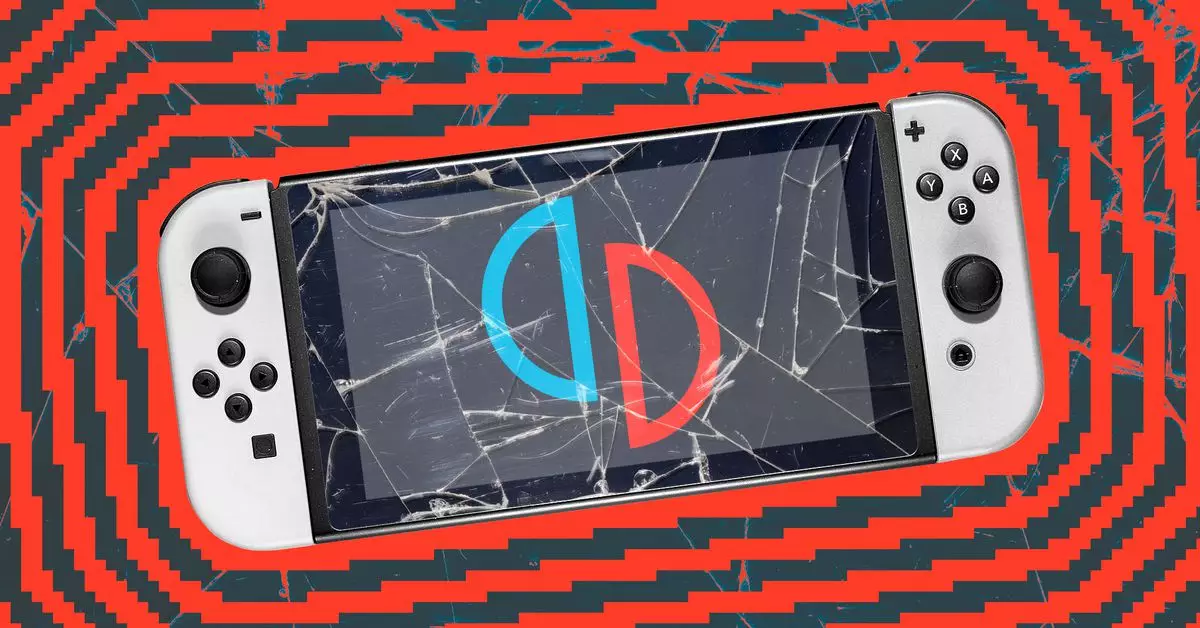Recently, GitLab made the decision to cut off access to the Nintendo Switch emulator Suyu and disabled the accounts of its developers. This action was taken after receiving a DMCA takedown request from a representative of a rightsholder. While it is important to respect copyright laws, the manner in which GitLab handled this situation raises several concerns.
Misinterpretation of DMCA Guidelines
The DMCA takedown request that led to the closure of Suyu on GitLab may not have met the necessary criteria outlined in the Digital Millennium Copyright Act. According to legal experts, a valid DMCA takedown request should contain specific details such as “Identification of the copyrighted work claimed to have been infringed.” In this case, it is unclear whether the request met these requirements, raising doubts about the legitimacy of the action taken by GitLab.
GitLab’s decision to disable the accounts of Suyu developers without providing them with an opportunity to delete their projects or file a DMCA counter-notice is troubling. The company’s online handbook does not offer clear guidelines on why a user may be banned or blocked from the platform, leaving room for ambiguity and unfair treatment.
The closure of Suyu on GitLab has raised concerns within the open-source community regarding the freedom to develop and share emulation software. Emulators play a crucial role in preserving and accessing old video games, and unjustified actions such as the one taken by GitLab could have a chilling effect on innovation and creativity in this space.
The DMCA takedown request that led to the closure of Suyu on GitLab raises questions about the adherence to legal guidelines and the importance of transparency in decision-making. It is essential for platforms like GitLab to strike a balance between enforcing copyright laws and enabling community-driven development. The repercussions of unjustified actions in this domain could have far-reaching consequences for the future of emulation software and the open-source community as a whole.


Leave a Reply